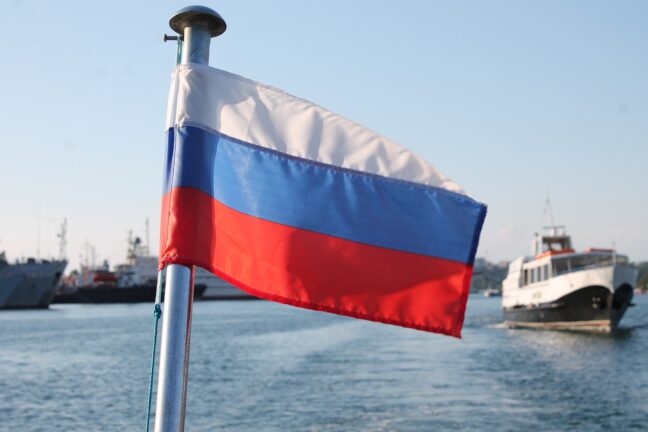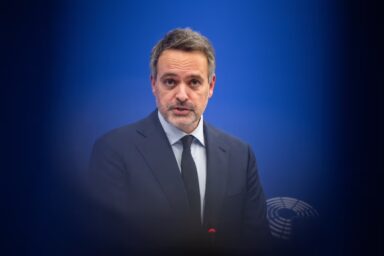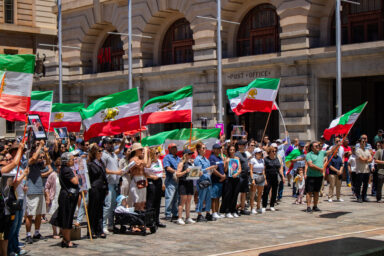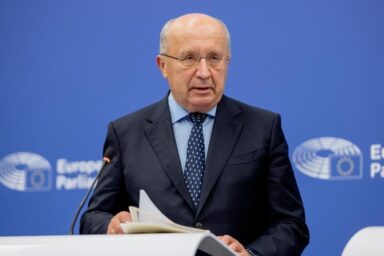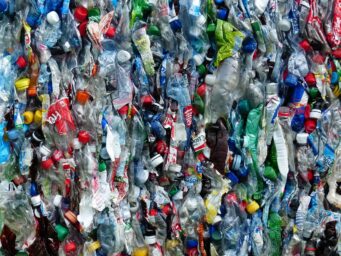Hungary and Slovakia derailed a symbolic EU declaration on 16 June to phase out Russian fossil fuel imports. Their dissent, while legally unimportant, exposes the EU’s lingering divisions over energy security three years after Moscow’s invasion of Ukraine.
Following the exchange of views on the Commission’s RepowerEU roadmap at Monday’s meeting in Luxembourg, the Polish presidency adopted its conclusions. The roadmap, banning Russian energy imports by 2027, is to “strengthen the Energy Union through reinforcing energy security“.
No compensation
The presidency emphasised that the European Union is advancing a “comprehensive transformation of its energy systems to ensure competitiveness, affordability, sustainability and security“. The declaration, however, failed to win unanimous backing as Slovakia and Hungary dissented.
The split foreshadows turbulence for the Commission’s forthcoming legislation. Energy Commissioner Dan Jørgensen ruled out compensation for states still importing Russian energy, declaring: “Many have already stopped. We will not pay others to follow rules they helped set.”
Yet the proposal’s scope remains contentious. While fossil fuels face a swift phase-out, nuclear energy—a critical dependency for Hungary and Slovakia—will require separate legislation at a later date. “Decoupling the two was tactically astute,” conceded a senior Polish diplomat.
You might be interested
Legal leverage, economic peril
Slovak Prime Minister Robert Fico dismissed the embargo as “economic suicide”, warning it risked erecting a “new Iron Curtain”. Hungary’s Viktor Orbán, while conceding the plan is “legally feasible”, claimed it would “destroy” Hungary’s subsidised energy model. Both leaders, however, face limited recourse: trade measures require only a qualified majority, enabling the EU to impose punitive tariffs on Russian imports.
We will not pay others to follow rules (on Russian energy imports) they helped set. Dan Jørgensen, EU Energy Commissioner
Yet practical hurdles loom. Slovakia’s state gas importer SPP criticised the draft legislation for lacking “sufficient impact analyses” on competitiveness, noting LNG—touted as a Russian alternative—is pricier and subject to volatile global markets. “We’ll swap one dependency for another,” warned SPP CEO Ferencz Vojtech. Data underscores the challenge: in 2024, the EU imported 52 bcm of Russian gas, 13 million tonnes of crude oil, and over 2,800 tonnes of nuclear fuel. Ten member states still rely on Russian gas, three on oil, and six on nuclear materials.
Roadmap to sovereignty
The Commission’s REPowerEU Roadmap, to see the light of day on Tuesday 17 June, aims to codify the 2027 phase-out while bolstering monitoring to prevent circumvention. MEP Michael Bloss (Greens-EFA/GER) hailed it as a “trapdoor” from Putin’s “blackmail”, but stressed transparency tools are vital: “Russia must not profit from loopholes.” Critics, however, warn the timeline is precarious. Poland’s push for rapid fossil-fuel cuts clashes with southern states’ reliance on Russian LNG and Hungary’s Russian-built nuclear plants.
For now, the Council’s fractured stance signals more legal than geopolitical resolve. As Orbán noted, the EU “can proceed without us”. Yet with U.S. LNG prices rising and global gas demand forecast to grow 12 per cent by 2030, the bloc’s bid for “energy sovereignty” hinges on accelerating renewables—a task as politically fraught as divorcing Russia. The Commission’s proposal, while bold, risks inflaming east-west tensions unless in lockstep with credible alternatives. As Europe’s energy war enters its fourth year, unity remains its scarcest resource.
A nuclear boost
In a separate development, nuclear energy and its backers received unexpected support from Berlin. Katherina Reiche, Germany’s economy minister, surprised everyone with an appearance at a meeting of the so-called Nuclear Alliance led by France and Sweden, an informal coalition of pro-nuclear EU states. It was her country’s premiere – Ms Reiche’s Green predecessor had always avoided the meetings.
Her gesture provided plenty of talking points among the other delegations. “This is a clear sign,“ one EU diplomat told the German Table.Media server. “Everyone was talking about it,“ added another. The German minister was also conspicuously absent from a group photo of another important coalition, the Friends of Renewables.
Two ministers were delighted with Ms Reiche’s participation: French government member Marc Ferracci and Swedish government member Ebba Busch. “Germany has demonstrated its comeback as a technology-neutral country today,“ said Ms Busch. At the meeting of the nuclear alliance, Italy was also welcomed as a full member. The alliance now has a strong majority of states within the Union that either support nuclear energy themselves or recognise its role in the energy mix.
